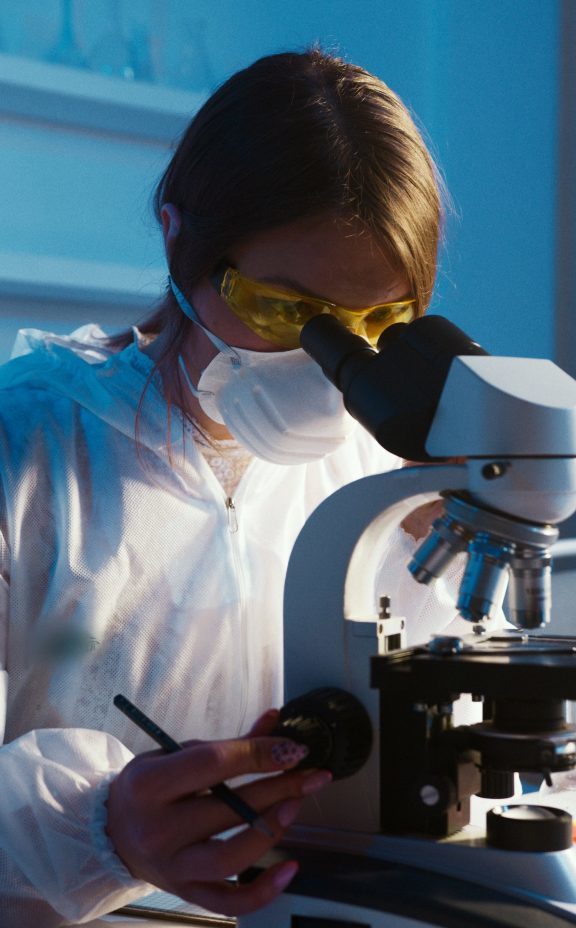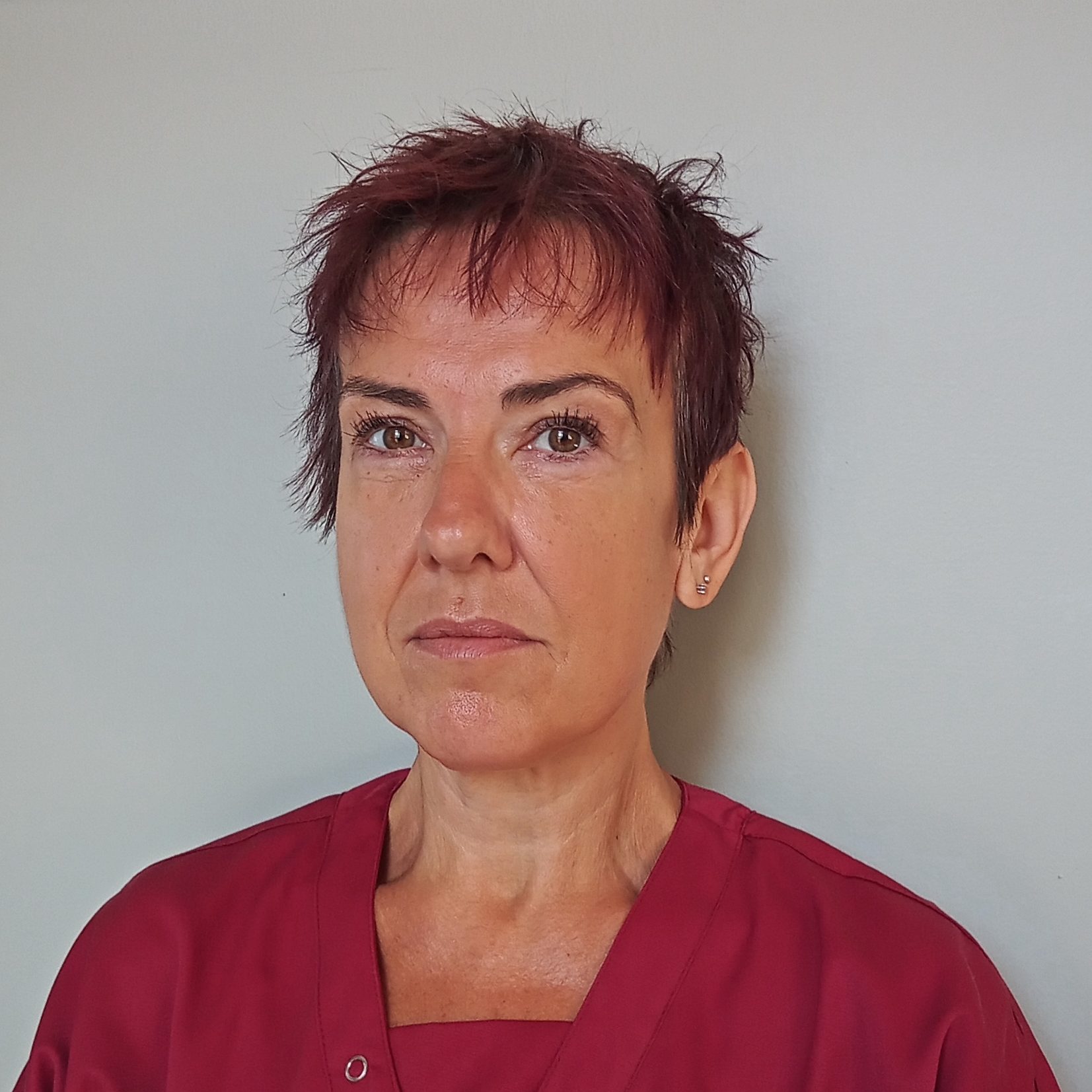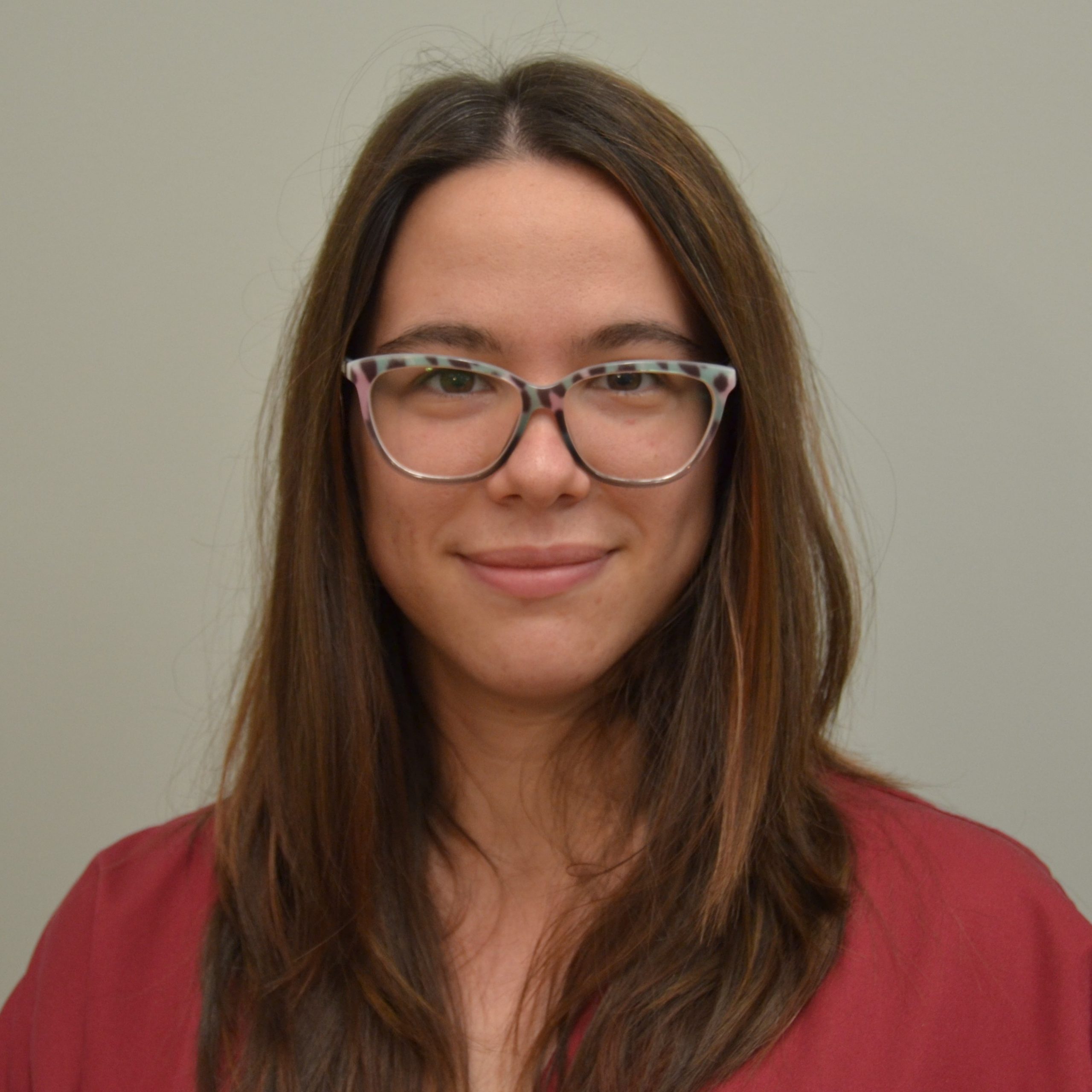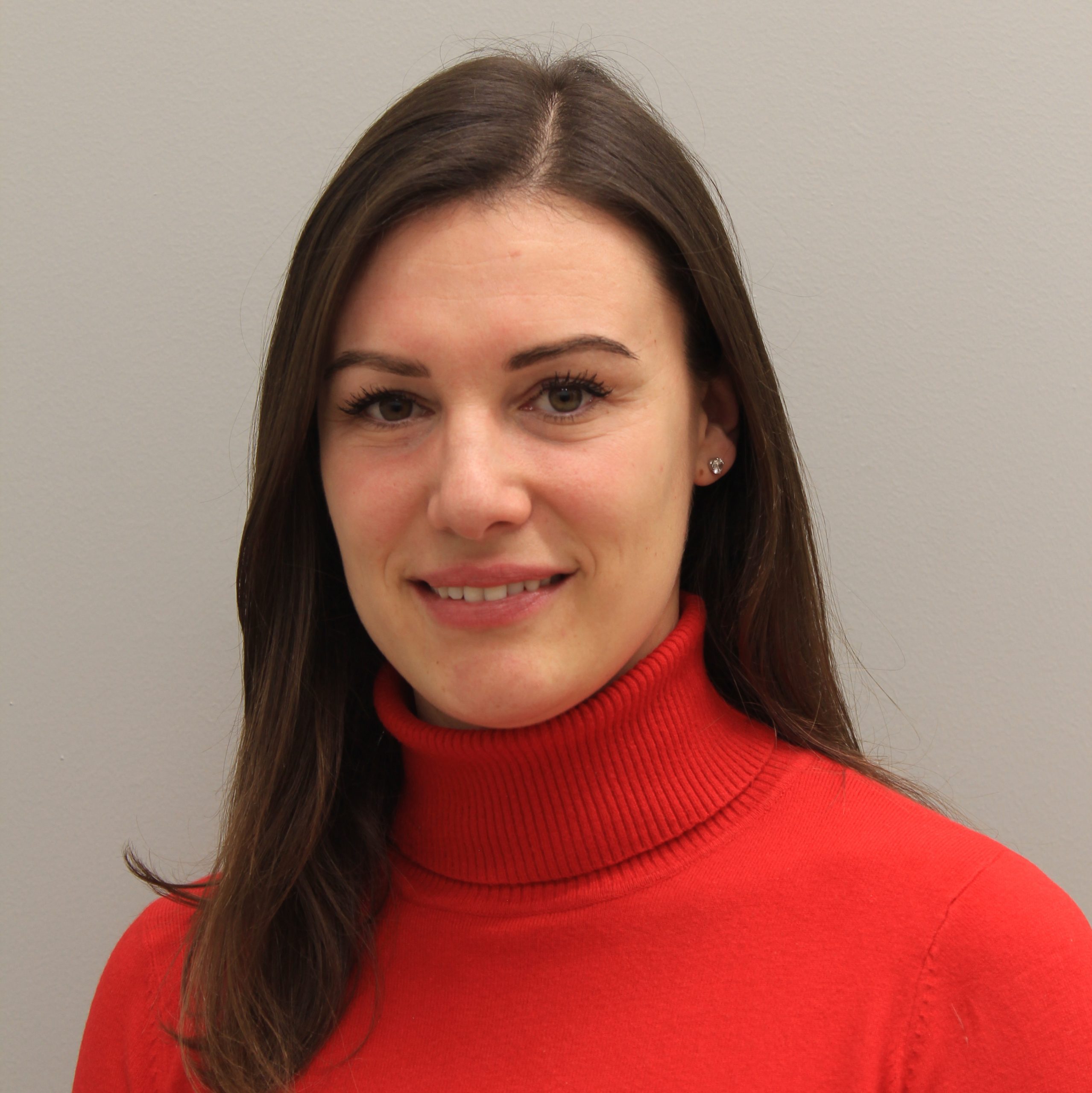Neurobiology Laboratory
The Neurobiology Laboratory is oriented to the study of the molecular mechanisms that under base neuro-degeneration. The Laboratory supports the research activity of other laboratories inside and outside the Institute and it is supported by the facilities provided by the Hospital.
Activities:
- Development and biochemical and molecular characterization of mitochondrial cell models and lipid accumulation;
- “In vitro” study of antioxidant and neuroprotective molecules on cellular models of myoblasts and myotubes;
- Study of new protein biomarkers at the level of serum and plasma related to pathogenea and the progression of pathologies such as Amyotrophic Lateral Sclerosis (SLA) and Myotonic Dystrophy type 1 (DM1);
- Research for harm progression markers in subjects with ALS and undergoing rehabilitation treatment;
- Genetic studies aimed at clarifying pathogenetics and progression of Amyotrophic Lateral Sclerosis (SLA)and polylineuropathies;
- Study of biomarkers and genetic mutations in subjects with Muscle Dystrophy of the Tracks and neuro-cognitive studies in Myotonic Dystrophy;
- Study of microRNAs as possible harm markers in subjects suffering from rare and neuromuscular diseases;
- Understanding of the physiopathological and genetic basis involved in multiple neuromuscular pathologies such as Amyotrophic Lateral Sclerosis (SLA), Muscular Dystrophiesin particular Myotonic Dystrophy type 1 (DM1), Dystrophies of the Tracks and Becker and rare neuromuscular diseases such as Neutral Lipid Accumulation Diseases (NLSD-M) and Facio-Scapulo Homemal Dystrophy (FSHD);
- Research in the field of genomics proteomics in order to identify susceptibility factors to rare and neuromuscular diseases as well as the identification of new markers of diagnostic, prognostic and therapeutic relevance in the pathologies mentioned;
- Study of molecular and protein biomarkers and their correlation with imaging data (MRI and CT);

- Study of muscle plasticity and mitochondrial oxidative damage to identify rational bases for possible new therapeutic approaches able to favour recovery mechanisms;
- Research of biological indicators to better know the basics of clinical variability in patients in neurorehabilitation and facilitate the prognosis of the outcome.
- Translating study carried out on biological samples (serum, plasma, etc.) and cell cultures obtained from fibroblasts or peripheral blood taken from patients in rehabilitation treatment at IRCCS San Camillo Hospital s.r.l..
Lab Team
Principal Investigator

Collaborators

Nicole Baratto
Biologist
Research Assistants

Elena Pazienza
Laboratory technician
